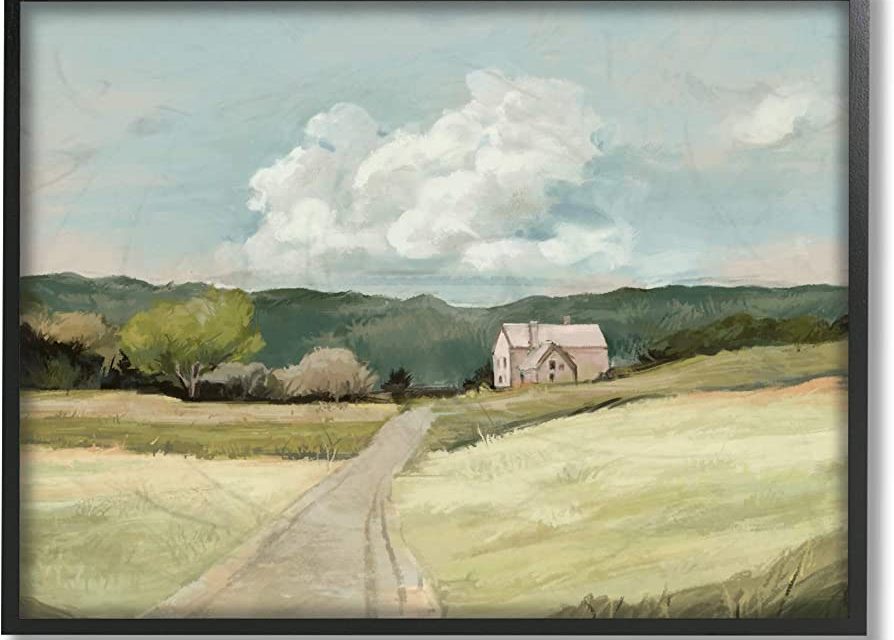Jana Bennett authored the following lectionary reflection, which appeared on this blog under the same title on May 10, 2017.
“I am the Way, the Truth, and the Life.” These words that Jesus speaks in the Gospel this week are hard words that people wrestle with – including most of my students. Is Jesus the only way? What about people who don’t believe in Jesus? What about all those great people I know who aren’t Christian at all?
For some, the solution to the problem is something like Karl Rahner’s “Anonymous Christian”: a controversial term for both Christians and non-Christians alike. Rahner suggested that perhaps a good Buddhist (for example) might – by following conscience – come to know the grace of God in Jesus Christ, even though that person might not know anything at all about the Gospels.
For me, confronted by these texts today, I would rather say: I don’t know. I would also rather say: I don’t think the point of today’s scripture is to focus on whether people are in or out of some exclusive club called “Heaven.”
The passage from John is one of the speeches Jesus gives at his last supper to his small band of disciples. They’ve been wandering with him for years, leaving behind homes and family and friends; they are having their final supper with Jesus (unbeknownst to them) in a borrowed house. Sometimes we say, “Home is where the heart is.” Well, the disciples’ hearts may be with Jesus, but they do not know that he is about to die, and that they will lose even the heart-shaped homes they have in Jesus.
Perhaps Jesus hopes that following his death they will remember these words: “if I go and prepare a place for you, I will come back again and take you to myself, so that where I am you also may be.” Perhaps they will remember that he said he would prepare dwelling places for them – homes, where they can stay, and rest, and find themselves rooted once more, after all the years of feeling uprooted. But this time, they are rooted in God himself.
It is important to note that it is only at this point – as he speaks to this homeless band of people that he knows are about to be quite bereft – that he says, “I am the Way, the Truth, and the Life.” Jesus’ words are words of encouragement, reminders of home to people who still have a lot to get through before they get home. Jesus’ words are reminders that though we may not feel like we’re at home yet, we’re going there – we’re on the road there.
We ourselves are like the disciples – we are not at that dwelling place yet, though we too might be seeking a place to root ourselves, to dwell, to stay. Today’s other scriptures offer more about being on the way home.
Peter says in his first letter: “let yourselves be built into a spiritual house to be a holy priesthood to offer spiritual sacrifices acceptable to God through Jesus Christ.” Let yourselves be built. We are not finished products. We are not done, yet, and Peter knows this. We are on the way toward being built as spiritual houses. So let us take up bricks of prayer here, the mortar of Christian community there. Though I may not be able to see the whole, I am on the way toward becoming that spiritual house.
In the Acts of the Apostles, we see a very practical aspect of being on the way home. In this passage, the apostles discuss the importance of preaching the Gospel and praying to their lives as people carrying forward Jesus’ own life and message. At the same time, they know there is more to be done – caring for the widows, distributing food, doing other practical tasks that help sustain Christian community. Feeding and caring for others are also part of the bricks and mortar of these spiritual houses. The apostles realize that they need to appoint still more people who can do that work. Notice that they are persecuted – but they are no longer the semi-frightened homeless people who sat around the table at Jesus’ last supper.
Now the apostles have found the way – and part of finding that way is to help build the spiritual house. The spiritual household keeps growing and growing – not only were more and more people added to their number in Jerusalem, but we know 2000 years later, that more and more people have been added down through the centuries. This house, with its many dwelling places, turns out to have a lot of room and space for more and more people.
That brings us back to the beginning question, in fact – to the part of the Gospel where Jesus says, “In my Father’s house, there are many dwelling places.” I imagine that when Jesus says this, or when he says, “I have sheep who are in other sheepfolds and I must bring them also” that might indicate the household of God is far broader than we know or think. Yet again, our task is not to worry about who is in or out.
Instead, we recall our own task, which is to be going on the way home. Prayer, worship, living in Christian community, preaching the Gospel, feeding the hungry – all these are ways to get home.





